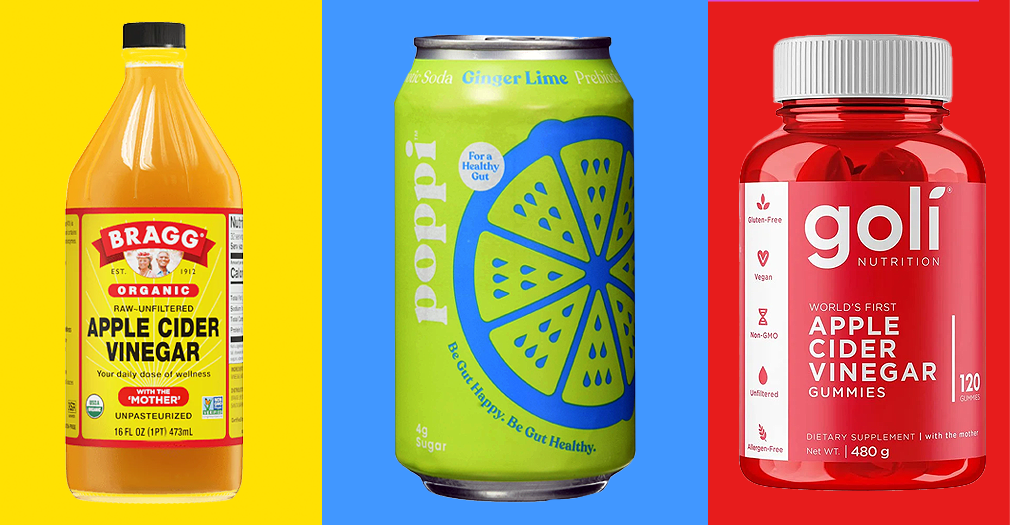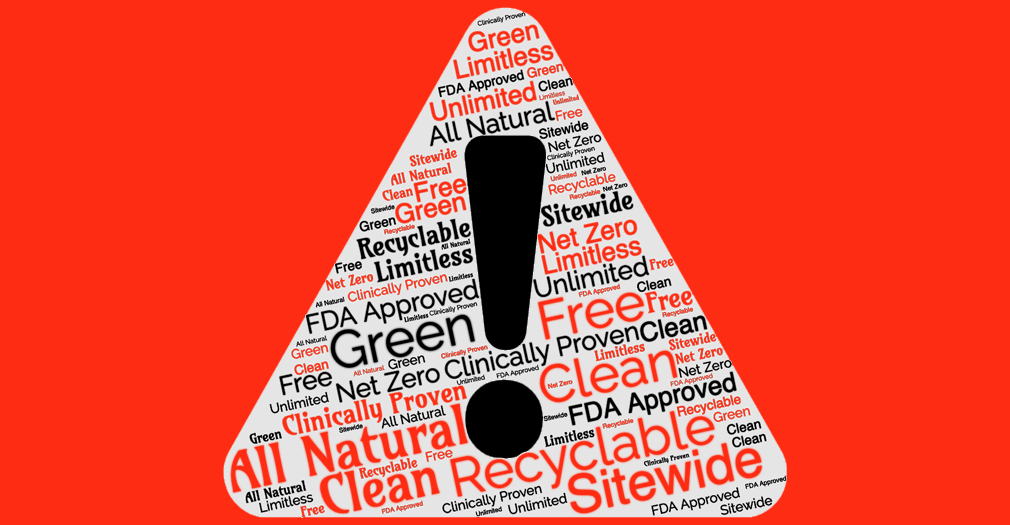
TINA’s Take: Food Makers Should Disclose Animal-Derived Ingredients
TINA.org joins push for more transparency in food labeling.
The deadline to submit a comment on the agency's new proposed definition is Feb. 16.
|
UPDATE 12/7/22: The FDA has extended the deadline to submit comments on its new proposed definition of “healthy” to Feb. 16. Our original article follows.
Since the FDA invited stakeholders to weigh in on its new proposed definition of “healthy” on food packaging, the agency has received more than 100 public comments from consumers, nutrition experts and food companies whose products would be directly impacted by the update.
The FDA’s current definition of “healthy” is focused on individual nutrients like total fat and certain vitamins and minerals. It’s based on criteria established in 1994. As the FDA notes, a lot has changed since then.
Since that time, the federal dietary guidelines and nutrition science behind them has evolved. Today, we have a greater understanding of dietary patterns and their effects on health, and we recognize that people tend to build their diets around foods, which are made up of a variety of nutrients, rather than just individual nutrients.
Under the FDA’s new proposed definition, a product would need to contain a certain amount of food from at least one of the key food groups (for example, fruits, vegetables or grains) in order to be labeled “healthy.” The proposed rule also sets limits on how much added sugar, saturated fat and sodium a “healthy” product can contain.
The FDA has already identified some winners and losers.
Under the current definition, foods like salmon, avocados and olive oil do not qualify for use of the “healthy” claim but under the proposed definition, they would. Conversely, foods like sweetened cereals and yogurt that currently qualify as “healthy” would no longer be able to bear the claim due to new restrictions on added sugars.
The majority of the comments submitted thus far support the new definition. But that’s not to say everyone’s a fan. And some don’t think the FDA should be telling consumers what is and what isn’t healthy in the first place. (The FDA is also mulling the idea of a “healthy” symbol that food companies can use to label products that meet the new definition.)
Here are some excerpts from the 114 comments, as of this writing, submitted to the FDA. (Note: Some of the excepts have been lightly edited for clarity.)
In support of the proposed definition
In opposition to the proposed definition/any definition
If you would like to submit a comment, click here. The deadline is Feb. 16.
Find more of our coverage on “healthy” claims here.
TINA.org joins push for more transparency in food labeling.
TINA.org explores the divide between the marketing and the science.
These definitions are a joke.


